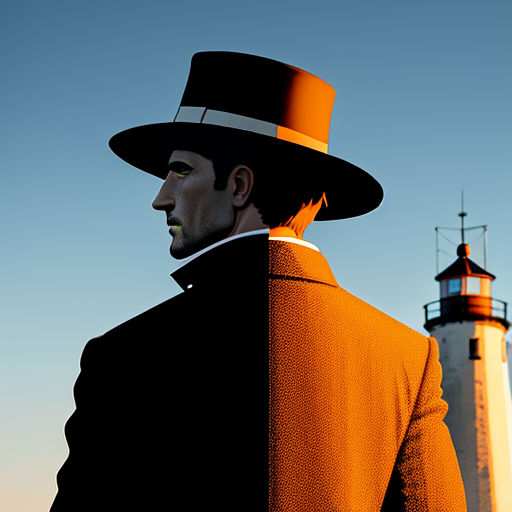
The Lighthouse Mystery
By john_custy

23 Aug, 2023

In the rural town of Essex, Inspector George Cooper headed towards the isolated lighthouse. A murder had taken place there, shaking the otherwise peaceful community.

The victim was a lighthouse keeper, Samuel Booth. His death was unprecedented in a town where the worst crime was usually a pickpocket.
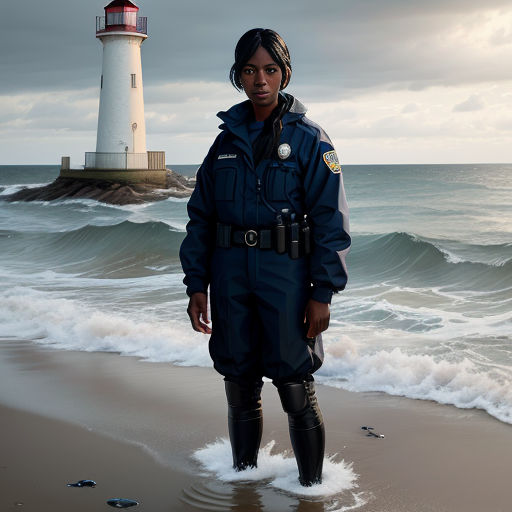
When Cooper reached the lighthouse, he was greeted by Officer Linda Watkins. She was already knee-deep in the crime scene investigation.
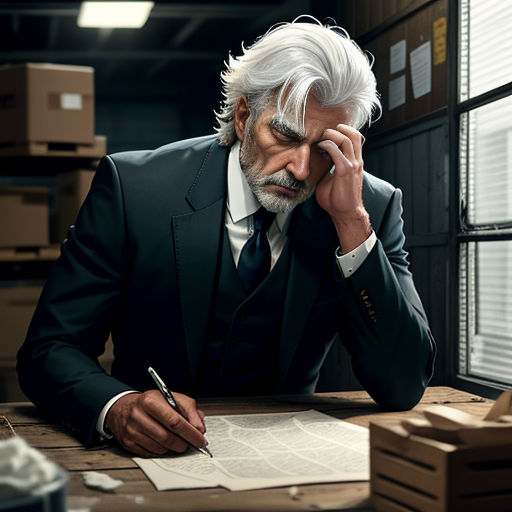
The sight of Booth's lifeless body sent chills down Cooper's spine. He moved closer with a slight frown, observing Booth's features closely.
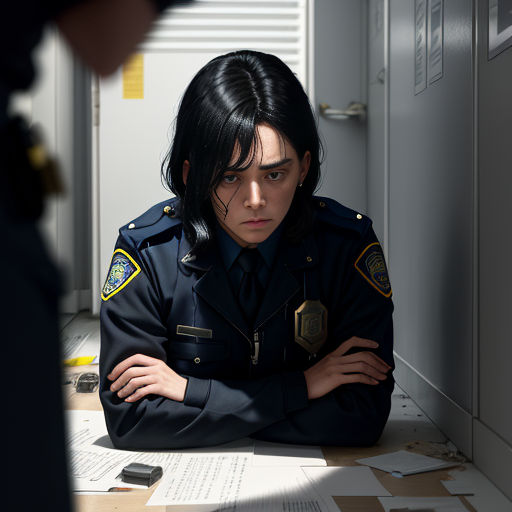
"The cause of death's a blunt force trauma to the head," Watkins announced quietly, disturbed by the violent scene before her.
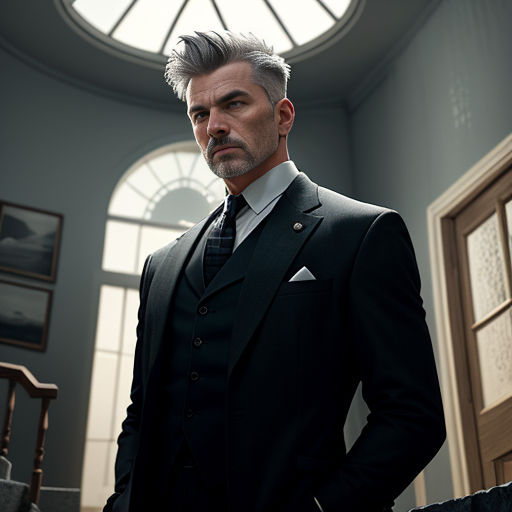
Cooper took in the information silently, his gaze fixated on the lighthouse spiral staircase. He wondered if the murder weapon was still in the vicinity.

He climbed the staircase, every step creaking under his weight. The eerie silence of the lighthouse was breathtaking.
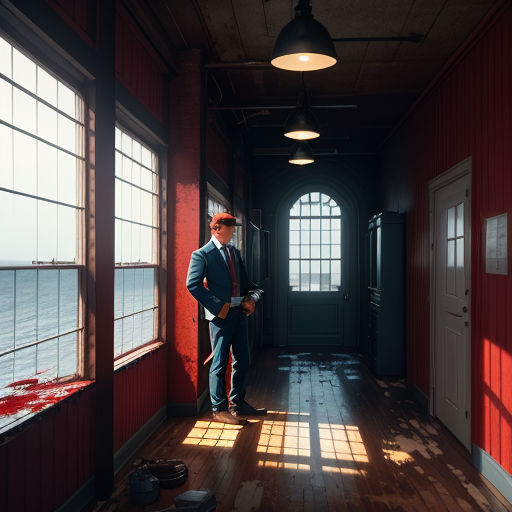
At the top of the lighthouse, he found a blood-stained wrench. It was well-hidden behind the light machinery, almost like the killer wanted it to be found.
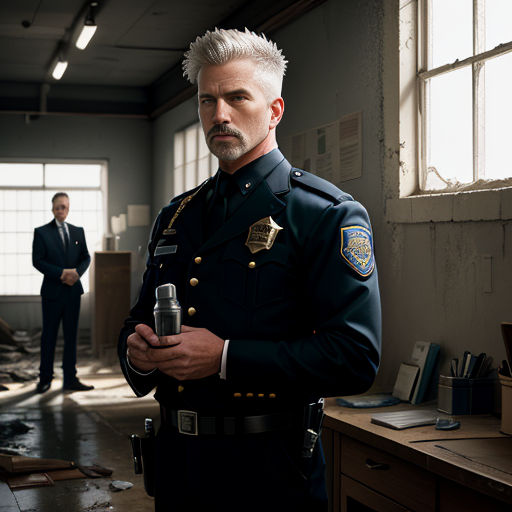
"I've found the murder weapon," Cooper announced, holding the wrench up for Watkins to see. Her eyes widened at the sight of the wrench.
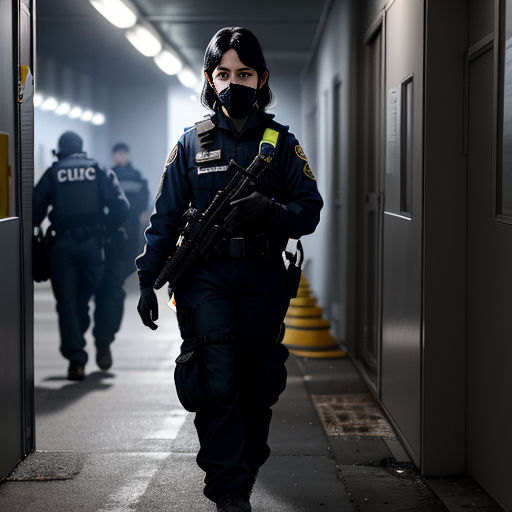
Snapping on gloves, Watkins carefully bagged the wrench. It would be crucial evidence in identifying the murderer.
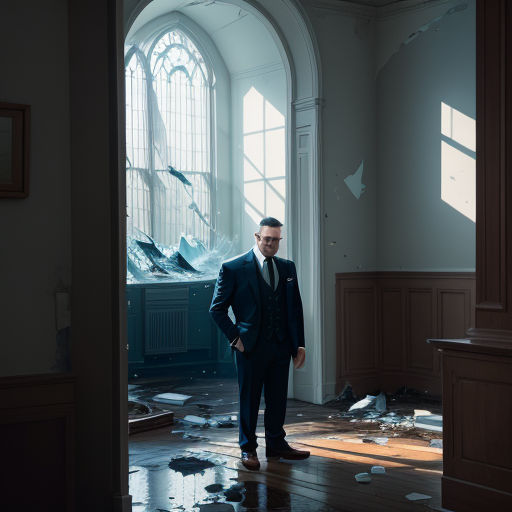
Cooper descended the stairs, his mind racing. The lighthouse was isolated, who could have committed such an atrocious act?
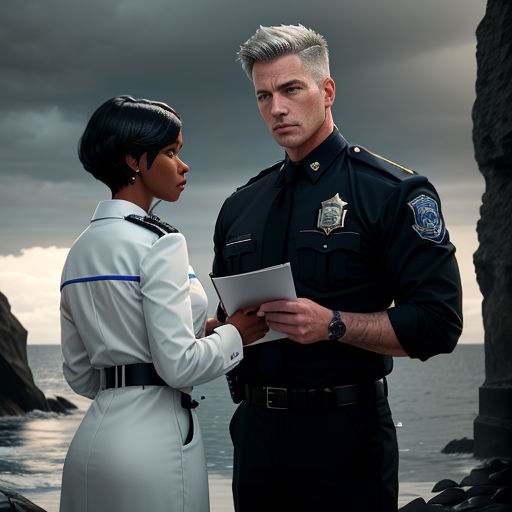
Watkins informed Cooper that the lighthouse was locked from inside when they arrived. It suggested the killer was aware of the lighthouse's ins and outs.
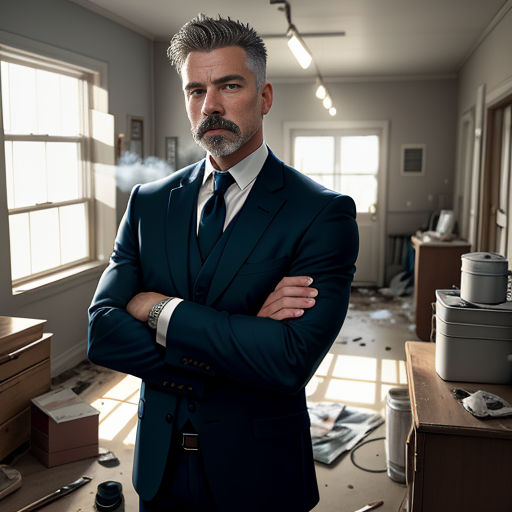
Could it be an inside job? The idea made Cooper's stomach churn. He knew the townsfolk too well to suspect any of them.
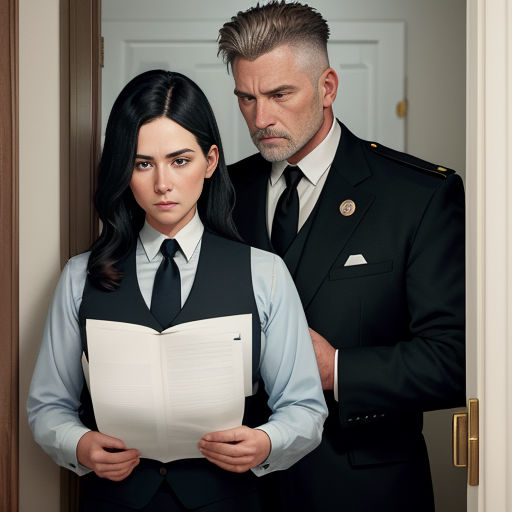
"There was no sign of forced entry," Watkins added, confirming his suspicion. This case was proving to be more challenging than any Cooper had ever handled.

Cooper sat down, trying to piece together the evidence. This murder didn't just require catching the killer but also sorely tested his faith in the small town.
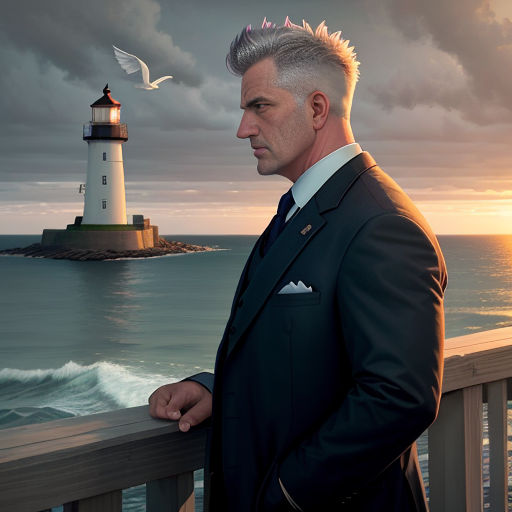
The evening rolled in, and Cooper decided to call it a day. He left the lighthouse, feeling the weight of the unresolved mystery.
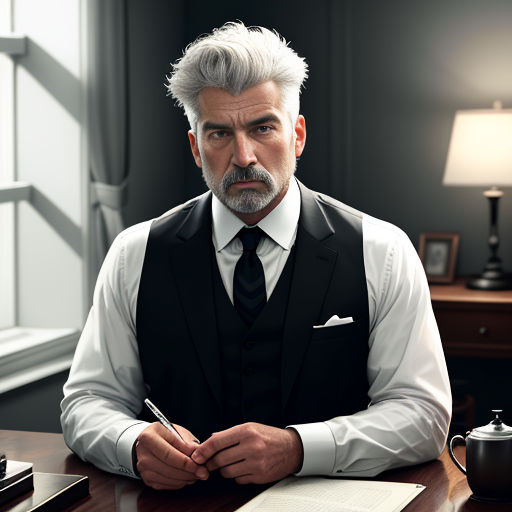
That night, as he lay in his bed, an idea struck him. He sat upright, his eyes wide open, a possible lead forming in his head.
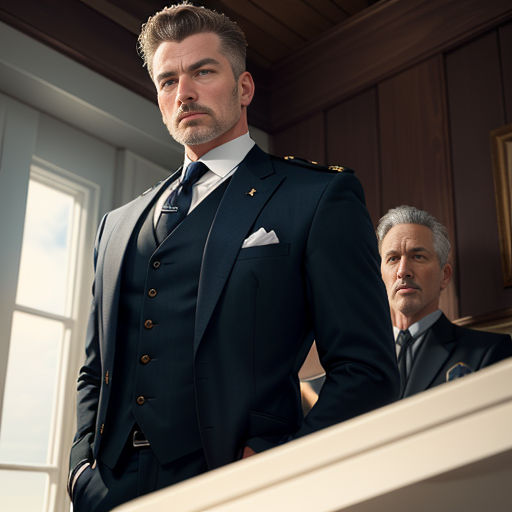
In the morning, Cooper returned to the lighthouse. The morning light seemed to make the scene less grim, igniting a newfound determination in him.
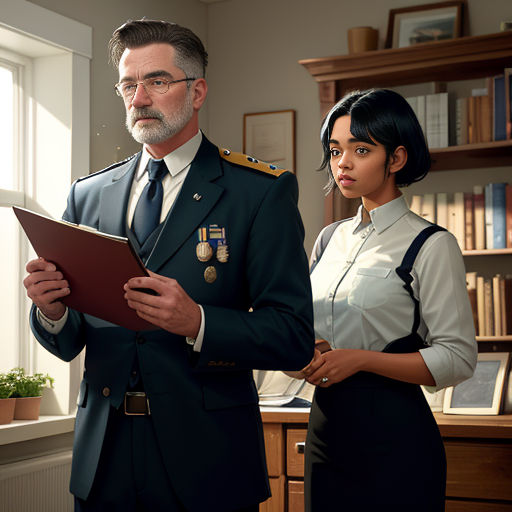
He spoke to Watkins about his theory. "The killer knew the lighthouse well. He was familiar with Booth and had access to this place."
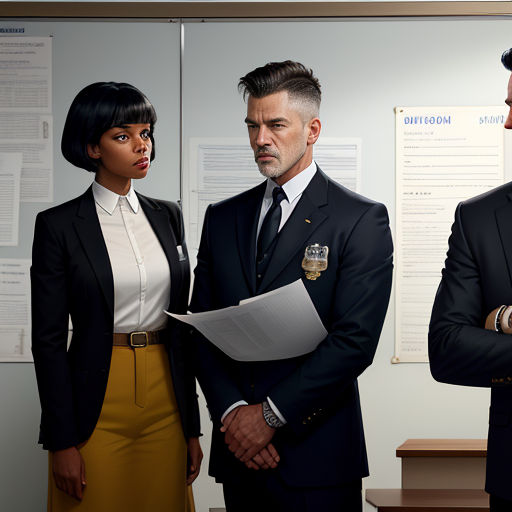
Watkins nodded, "So we're looking for someone from Booth's circle." It was a daunting task, but the duo was determined to solve the mystery.
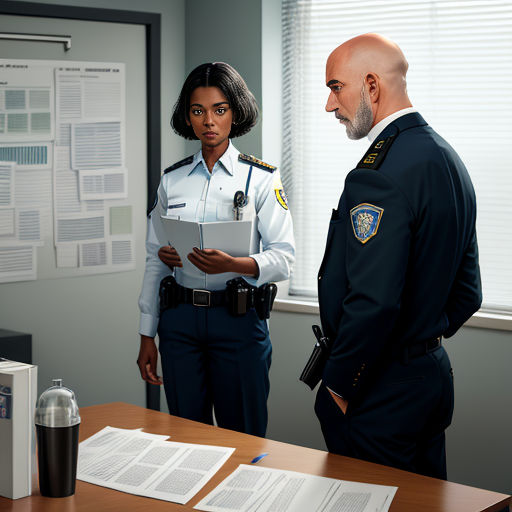
Their investigation led them to Booth's friends, coworkers, and even his estranged family. But each interview led them to another dead end.

Frustrated, Cooper decided to revisit the crime scene. He stared at the lighthouse, hoping it would reveal its secrets.
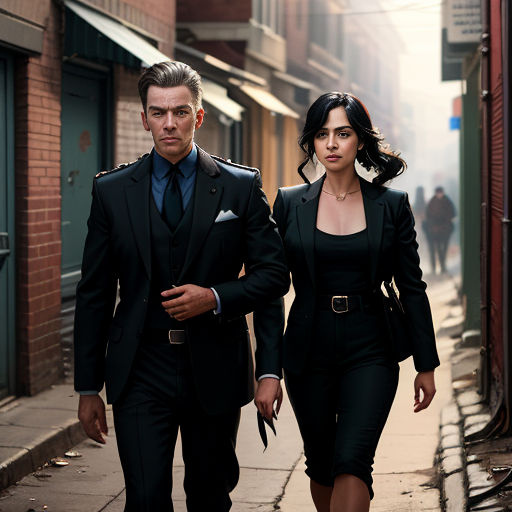
Watkins followed him, her trust in Cooper unwavering. She knew that his instincts were rarely wrong, and she silently hoped this wouldn't be an exception.
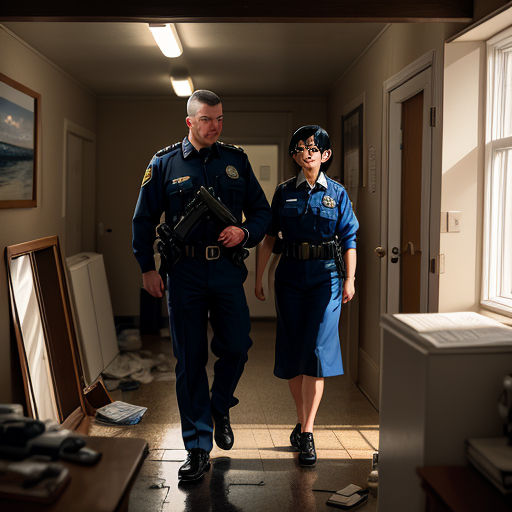
Up in the lighthouse, a detail caught Cooper's eye. "Look," he pointed, "a pair of glasses." They were tucked away, missed in the initial investigation.
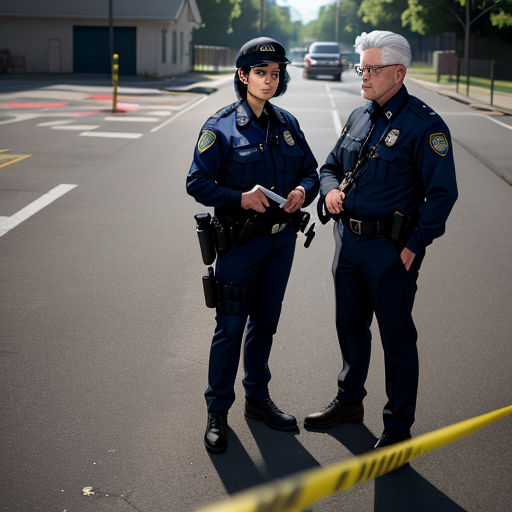
Watkins recognized them instantly. "These are Walter's, Booth's assistant." A new lead was born, and with it, the hope of solving the case.

Walter was brought in for questioning. The nervous man shook as he admitted to being at the lighthouse the day Booth was killed.

Walter confessed to murdering Booth during a heated argument about job securities. Cooper felt a sense of relief mingled with disappointment.
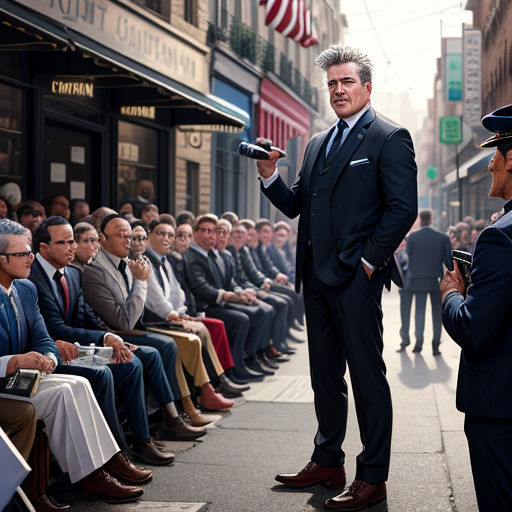
The following day, the news broke out in the town. A sense of shock and betrayal filled the air, but there was a relief too.

The lighthouse stood silent, its mystery finally uncloaked. Cooper couldn't help but feel a tinge of sadness for the disturbed peace of his town.
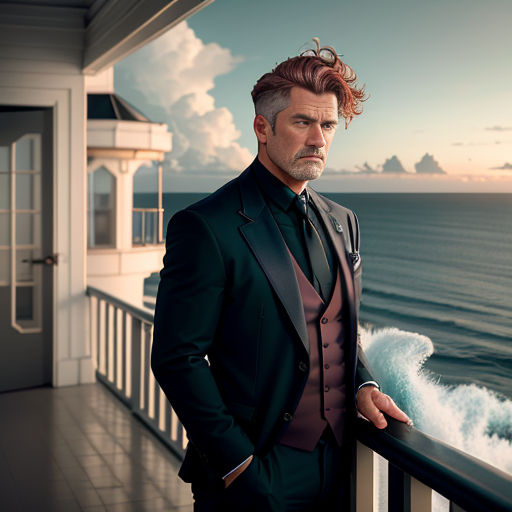
As life slowly returned to normal, Cooper was left with the lessons of the lighthouse mystery. He recognized that even within tranquility, darkness could lurk.

Closure brought peace to the town and the lighthouse. Its light shined brighter, as though washing away the remnants of the grim past.
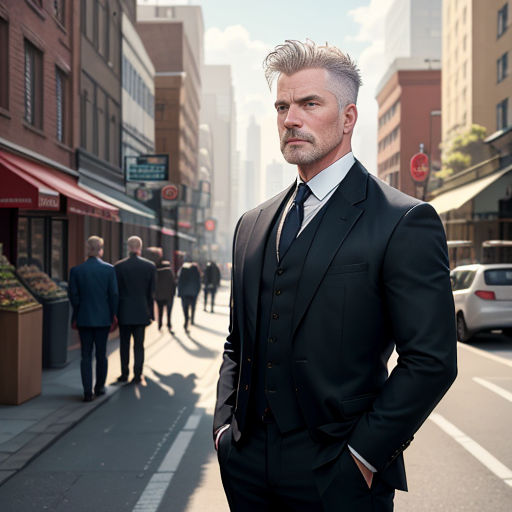
Despite everything, Cooper held on to his faith in the community. He knew one bad apple didn't spoil the whole barrel.
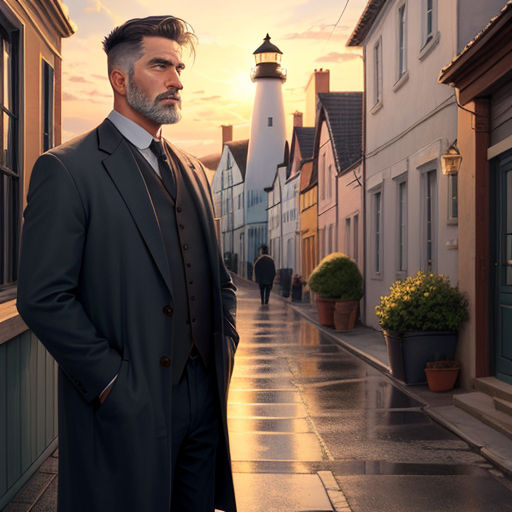
With time, he hoped that the town would heal and the lighthouse would remain a beacon of hope, rather than a reminder of a grim past.

The legacy of the lighthouse mystery would long linger in his memory, shaping him into a wiser and more perceptive Inspector George Cooper.
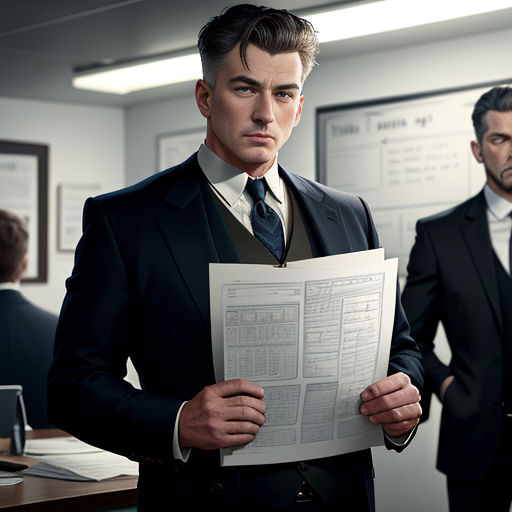
In the end, he discovered that even in the most peaceful towns, peril could lurk, and it was his duty to ensure that justice always prevailed.